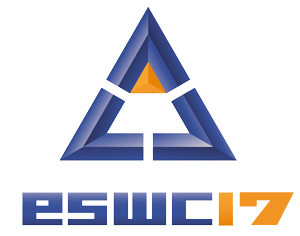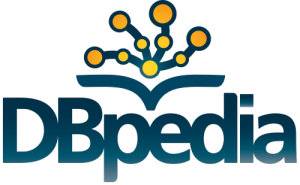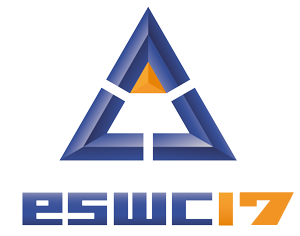At the AKSW Colloquium, on Monday 8th of May 2017, 3 PM, Lorenz Bühmann will discuss a paper titled “Type-based Semantic Optimization for Scalable RDF Graph Pattern Matching” of Kim et al. Presented at WWW 2017, this work proposes a scalable query processing approach on RDF data that relies on early and aggressive determination and pruning of query-irrelevant data. The paper describes ongoing work as part of the RAPID+ platform project.
Abstract
Scalable query processing relies on early and aggressive determination and pruning of query-irrelevant data. Besides the traditional space-pruning techniques such as indexing, type-based optimizations that exploit integrity constraints defined on the types can be used to rewrite queries into more efficient ones. However, such optimizations are only applicable in strongly-typed data and query models which make it a challenge for semi-structured models such as RDF. Consequently, developing techniques for enabling type-based query optimizations will contribute new insight to improving the scalability of RDF processing systems.
In this paper, we address the challenge of type-based query optimization for RDF graph pattern queries. The approach comprises of (i) a novel type system for RDF data induced from data and ontologies and (ii) a query optimization and evaluation framework for evaluating graph pattern queries using type-based optimizations. An implementation of this approach integrated into Apache Pig is presented and evaluated. Comprehensive experiments conducted on real-world and synthetic benchmark datasets show that our approach is up to 500X faster than existing approaches
About the AKSW Colloquium
This event is part of a series of events about Semantic Web technology. Please see http://wiki.aksw.org/public/colloquium for further information about previous and future events. As always, Bachelor and Master students are able to get points for attendance and there is complimentary coffee and cake after the session.
 Hello Community! The
Hello Community! The 

 DBpedia
DBpedia Dear all,
Dear all,
